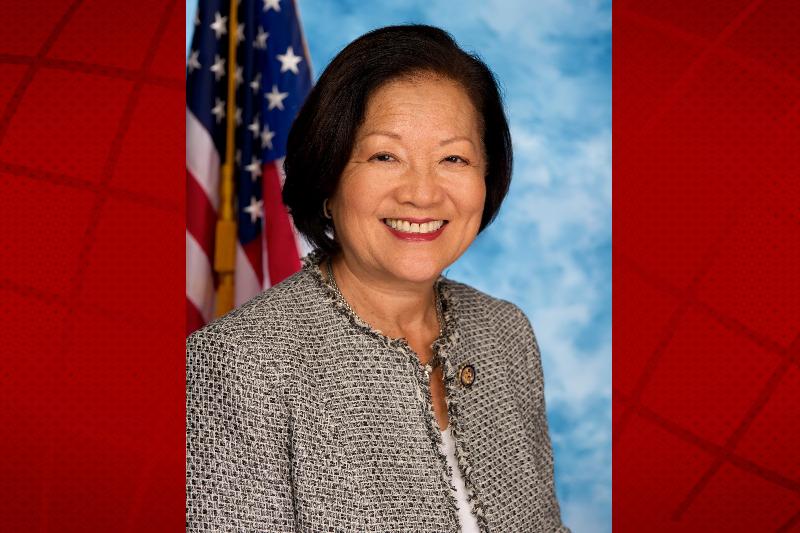Hawai‘i’s Sen. Hirono introduces legislation to combat ‘judge shopping’

U.S. Senator Mazie K. Hirono (D-HI), a member of the Senate Judiciary Committee, has introduced the Stop Judge Shopping Act, legislation to combat “judge shopping” in federal courts by giving the U.S. District Court for the District of Columbia exclusive jurisdiction over cases that would have national implications.
In recent years, activist groups have employed the practice of “judge shopping” by filing cases in districts where a single, pre-determined judge is assigned cases in order to achieve a favorable outcome in court. Most recently, a far-right anti-abortion group shopped a case to Texas district judge Matthew Kacsmaryk in an attempt to ban the use of the medication abortion drug mifepristone nationwide.
“When parties are able to choose their judges, it creates the perception that they are able to predetermine their case’s outcome, compromising the integrity of our federal justice system,” said Sen. Hirono.
“Activist plaintiffs should not be able to hand-pick individual judges to set nationwide policy, which is why it’s critical we address the issue of judge shopping in our federal courts,” Hirono continued. “By routing cases with national implications through the D.C. District Court, which has expertise in cases challenging federal agency action, the Stop Judge Shopping Act will strengthen trust in our federal justice system and help ensure major cases are decided based on the law, not the ideological agenda of any one judge.”
The U.S. District Court for the District of Columbia hears the large majority of cases involving challenges to federal agency action and its judges are experts at deciding these cases impartially. Currently, it is the only place where certain immigration and campaign finance challenges, as well as Senate subpoena enforcement cases, can be brought and this bill would expand that exclusive jurisdiction to include additional cases with nationwide impacts.
There are 94 judicial districts in the U.S., many of which are further broken up into smaller divisions. Federal law allows each district to decide how it wants to divide its caseload and number of judges between its divisions. While some states require judges to move to different divisions, others—such as Texas—do not. Judge shopping has been used to influence decisions related to immigration, LGBTQ+ rights, and access to health care, including reproductive care.















